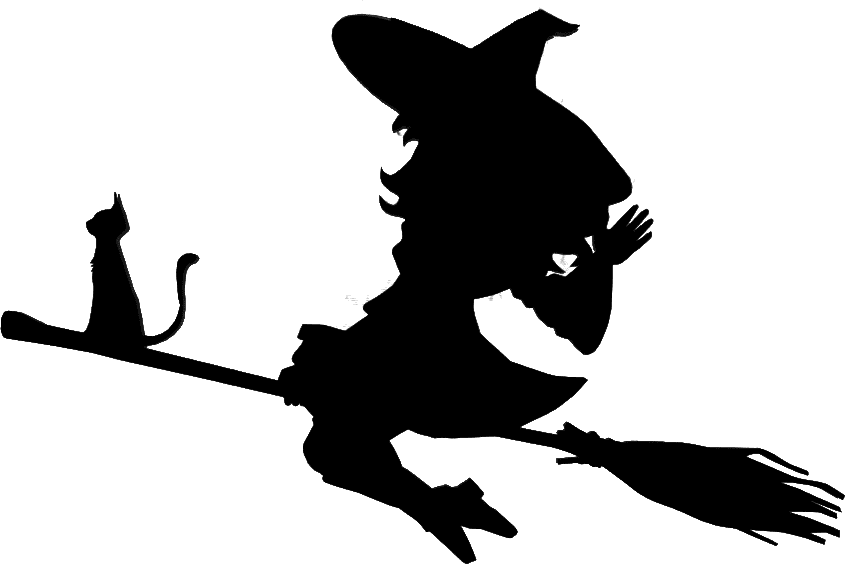Over the years, I’ve collected a series of resources to help keep me on the literary straight-and-narrow.
More or less. They include books, software, and other goodies that have helped make me a better (or at least more efficient) writer.
Please note, I don’t use affiliate links or receive any compensation for my recommendations; these are simply tools that I’ve used and liked.
A few books I’ve found helpful on the crafts of writing and editing.
The two most important tools for any writer are a good dictionary and a style guide. Or several.
There are 1,084,170 words in the seven Harry Potter novels. These sites help me keep track of them.
Separated by a common language indeed. When I need help with the oddities of British English or society, this is where I turn.
I don’t know why witches and wizards in the Potterverse use Latin for their spells. Presumably it’s because JKR was subjected to Latin classes in school. Anyway, here’s where I find help for inventing spells.
I admit it: I’m pants at coming up with good names for original characters. So I cheat, using these websites.
I use history (too) liberally in my stories, but I don’t want to get too liberal with the facts. Here’s what helps keep me on track.
Some writers are old-school and write with notebook and pen. I’m not one of them.

Lorem ipsum dolor sit amet, consectetur adipiscing elit. Ut elit tellus, luctus nec ullamcorper mattis, pulvinar dapibus leo.